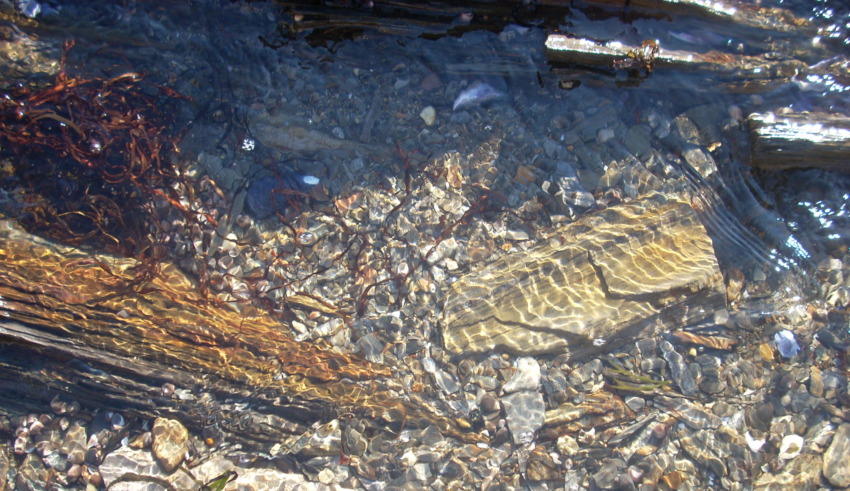
Self-improvement vs. Self-unfoldment Coaching
Broadly speaking, coaching methodologies fall into two categories: self-improvement methods and self-unfoldment methods. The characteristic question at the heart of self-improvement methods is “What is missing?” In self-improvement coaching, the coach’s job is to pinpoint what skills and/or ways of being are missing. This lack of capacity explains why and how the client is struggling. The coach makes an assessment of what’s missing and then designs a development plan that includes various topics of study and practice to help the client develop the missing capacities.
Self-improvement coaching frequently relies on counteractive practices that work to overcome existing emotional learning and create new emotional learning. As named above, counteractive approaches don’t meet the brain’s conditions for memory reconsolidation. Results from self-improvement coaching are heavily dependent on the client’s adherence to the development plan and practice schedule, which is often undermined by existing emotional learnings and habits of behavior. In addition, by only countering but not editing or erasing existing emotional learning, clients will often experience relapses driven by existing emotional learning that persists.
If I sought coaching in my mid-20s as I entered my professional career, a self-improvement-styled coach might have said I was missing self-confidence and self-worth. Indeed, this was so. A likely development plan might have included finding groups where I felt safe enough to speak up and share my ideas so that I could build more confidence in my value. Of course, such a practice would counteract my tendency to not speak up in groups. It is highly likely I would be scared to practice this and struggle to follow the development plan created by my coach. I might have tried speaking up in a limited way and perhaps experienced some success mixed with relapses into well-worn patterns of behavior. Experiencing such mixed results would probably reinforce my sense that something in me was missing. Although self-improvement initiatives are well intended, they can backfire in exactly this way.
The provocative question posed in self-unfoldment coaching is “What if nothing is missing?” Naturally, this is not a question about the client’s skillfulness. Anyone can lack certain skills. I’m not very good, for example, at slam dunks in basketball. Instead, this is a question about the client’s wholeness as a human being. Very frequently, clients come to coaching with a sense of self-deficiency. Indeed, this often inclines them toward self-improvement which 1) doesn’t erase or edit existing emotional learning, 2) evokes the resistance of existing emotional learnings, 3) often creates relapses, and 4) which then reinforce the sense of self-deficiency. Self-unfoldment methods offer a powerful alternative.
From the outset, self-unfoldment coaching predisposes the client to make fresh discoveries about their innate resourcefulness, creativity, and brilliance during the coaching conversation. This approach meets the brain’s conditions for memory reconsolidation and thereby generates sustained transformations in the client’s way of being in a way that doesn’t depend on the client’s adherence to a development plan or practice schedule.
Aletheia Coaching establishes self-unfoldment as the aim for coaching engagements and conversations, as illustrated in the transcript below.
Download Article 1K Club
















